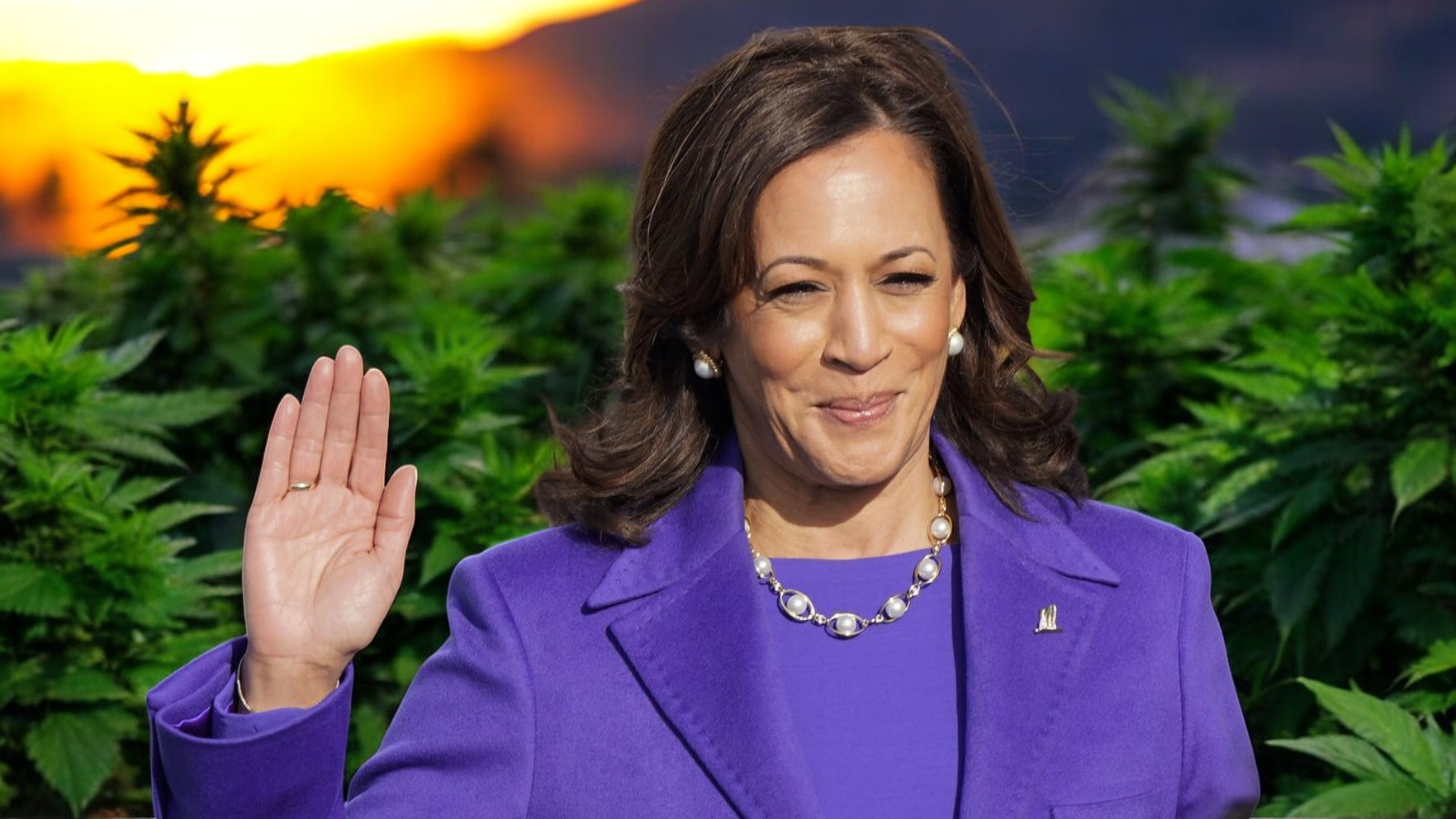
As Vice President Kamala Harris gears up for the 2024 election, she has made a bold commitment to legalize recreational cannabis at the federal level.
This announcement is a crucial element of her justice reform platform, and Harris is targeting key voter groups, particularly Black men, who have historically borne the brunt of cannabis criminalization.
The Promise of Legalization
Harris is no stranger to the subject. As a former prosecutor and later California’s Attorney General, she has seen firsthand the inequities in the system. Now, she’s pushing for comprehensive reform that aims to address not just legalization, but also the criminal justice disparities that have plagued minorities for decades.
Her plan involves more than simply allowing recreational use of cannabis. Harris is advocating for the expungement of marijuana-related convictions, which have disproportionately affected communities of color. The goal is to eliminate the lasting impact of criminal records that hinder employment and economic opportunities for many individuals.
A Focus on Economic Justice
Legalizing cannabis, according to Harris, is also a significant economic opportunity. By opening up a federally legal cannabis market, she aims to give those hit hardest by prohibition a chance to benefit from the industry. Creating pathways for business ownership and employment in cannabis could help to close racial wealth gaps and foster entrepreneurship in marginalized communities.
Harris has long been vocal about her support for cannabis reform. Even during her 2020 presidential campaign, she pushed for nationwide decriminalization. Now, with growing public support for cannabis legalization and pressure from states that have already legalized marijuana, Harris is making this issue a central part of her platform.
Addressing Historical Wrongs
One of the primary pillars of Harris’s cannabis policy is correcting the historical wrongs caused by the war on drugs. For decades, communities of color have been disproportionately targeted by marijuana laws. Harris aims to dismantle these unjust policies by focusing on social justice measures alongside legalization.
This includes advocating for community reinvestment programs. The tax revenue from a legal cannabis market could be channeled into social programs designed to uplift areas that were most impacted by over-policing and mass incarceration. In particular, Harris wants to invest in education, job training, and affordable housing initiatives.
A Broader Reform Agenda
Cannabis legalization is just one aspect of Harris’s broader vision for criminal justice reform. She’s also pushing for sentencing reforms, rehabilitation programs, and efforts to address racial disparities throughout the legal system. Harris’s stance reflects growing recognition that cannabis laws need to change, both for reasons of justice and economic opportunity.
By making this pledge, Harris is positioning herself as a progressive leader on cannabis reform ahead of the 2024 election. Her proposal taps into widespread public support for legalization, particularly among younger voters and communities of color.


